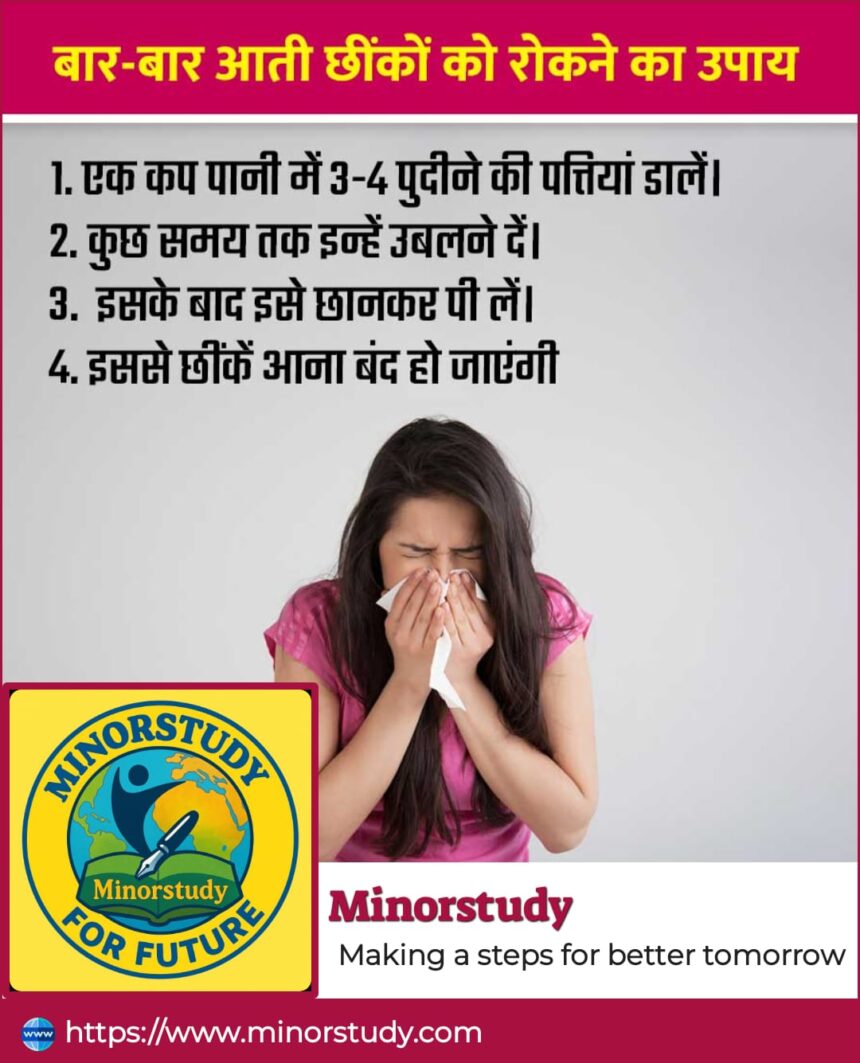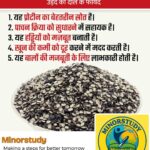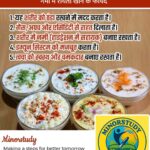🤧 Introduction: When Sneezing Becomes a Struggle
Everyone sneezes—it’s natural. But frequent sneezing can feel like a never-ending annoyance, especially when it interferes with your daily activities, sleep, or public interactions. Whether it’s due to seasonal allergies, dust, pollution, strong smells, or even sunlight, repeated sneezing can disrupt life in frustrating ways.
- 🕰️ History of Sneezing: From Omens to Medical Insights
- 📅 Timeline: Sneezing Across Eras
- 🔬 Why Do We Sneeze So Much? Common Causes
- ✅ 7 Powerful Natural Ways to Stop Frequent Sneezing
- 1. 🌿 Use Saline Nasal Spray (or Neti Pot Cleansing)
- 2. 🍯 Consume Local Raw Honey
- 3. 🌬️ Steam Inhalation with Eucalyptus or Mint Oil
- 4. ❄️ Avoid Sudden Temperature Swings
- 5. 🧄 Add Anti-Allergic Foods to Your Diet
- 6. 🧹 Dust-Proof and Allergen-Proof Your Environment
- 7. 🧘♀️ Practice Yogic Breathing and Stress Reduction
- 📊 Interesting Facts About Sneezing
- 🙋♀️ FAQs About Frequent Sneezing
- Q1: Is frequent sneezing dangerous?
- Q2: Can sneezing be controlled without medication?
- Q3: Does COVID-19 cause sneezing?
- Q4: Can frequent sneezing lead to other complications?
- Q5: Are children more prone to sneezing?
- 🎉 Cultural Observance & Traditions Around Sneezing
- 💝 Wishing You Relief and Wellness
- 🌍 Importance of Managing Sneezing in Society
- 📌 Key Takeaways at a Glance
- 🧠 Conclusion: Say Goodbye to the Sneeze Storm
But the good news? There are simple, natural, and effective ways to control, prevent, and stop frequent sneezing without relying on heavy medications or allergy shots—many of which have been known and used for generations.
Let’s dive deep into the history, significance, causes, facts, remedies, and how this seemingly simple action connects to human health, tradition, and society.
🕰️ History of Sneezing: From Omens to Medical Insights
Sneezing has been observed for thousands of years, with varying interpretations:
In ancient Greece, sneezing was seen as a sign of truth or divine prophecy. Legend has it that a sneeze after someone spoke meant the gods approved the message.
In Rome, people would say “Salve!” or “Bless you!” fearing that sneezes could signal impending illness—especially during plagues.
In Indian Ayurveda, sneezing was considered a release of trapped energy or impurities, and remedies were suggested to balance doshas (body energies).
In traditional Chinese medicine, sneezing was linked to lung chi (energy) and external wind-cold attacks.
Today, science sees sneezing as a defense mechanism to expel irritants from the nose. But while a few sneezes are helpful, frequent sneezing can signal allergies, irritants, or even chronic sinus issues.
📅 Timeline: Sneezing Across Eras
| Era/Year | Significance of Sneezing |
|---|---|
| 1000 BCE | Sneezing mentioned in Vedic texts as a cleansing response |
| 400 BCE | Greek philosopher Hippocrates linked sneezing to illness |
| 600 CE | Islamic Hadiths taught etiquette for sneezing (Alhamdulillah) |
| 14th Century | Black Death era – sneezing feared as a sign of plague |
| Modern Day | Scientific recognition as a reflex due to nasal irritation |
🔬 Why Do We Sneeze So Much? Common Causes
Allergens: Pollen, dust, mold, pet dander
Environmental Irritants: Smoke, perfumes, strong cleaning agents
Cold & Flu Viruses
Dry Air or Sudden Temperature Changes
Bright Light (Photogenic Sneezing)
Spicy Foods
Stress and Fatigue
Hormonal Imbalance (especially during pregnancy)
✅ 7 Powerful Natural Ways to Stop Frequent Sneezing
Let’s get into the real, practical solutions you can apply at home.
1. 🌿 Use Saline Nasal Spray (or Neti Pot Cleansing)
Clears out dust, pollen, and irritants from nasal passages
Mix 1 tsp salt in warm distilled water, rinse with a neti pot
Helps in reducing sinus inflammation and frequency of sneezing
✅ Best time: Morning or after coming home from outdoors.
2. 🍯 Consume Local Raw Honey
Builds immunity against local pollen allergens
Take 1 tsp every morning or mix with warm water and lemon
Acts as a natural antihistamine
✅ Consistent use over a month can show significant relief.
3. 🌬️ Steam Inhalation with Eucalyptus or Mint Oil
Loosens mucus
Opens nasal airways
Kills bacteria and soothes irritation
✅ Do 1–2 times a day for 5–10 minutes each session.
4. ❄️ Avoid Sudden Temperature Swings
Moving from an air-conditioned room to hot sunlight can trigger sneezing
Try warming your nose with a scarf or cupping your hands before stepping out
Helps prevent nasal shock
✅ Especially helpful in winters or during cold-to-hot transitions.
5. 🧄 Add Anti-Allergic Foods to Your Diet
Include:
Ginger – natural antihistamine
Garlic – boosts immunity and reduces inflammation
Turmeric milk – fights allergies and improves respiratory health
✅ Builds long-term resistance against triggers.
6. 🧹 Dust-Proof and Allergen-Proof Your Environment
Use hypoallergenic bedding
Vacuum regularly with HEPA filter
Avoid curtains and carpets that trap allergens
Use air purifiers to filter pollen, smoke, and pet dander
✅ Home hygiene is the #1 long-term solution for frequent sneezers.
7. 🧘♀️ Practice Yogic Breathing and Stress Reduction
Pranayama techniques like Anulom Vilom and Bhramari help regulate breathing and nasal sensitivity
Reduces psychosomatic triggers
Improves overall lung and sinus health
✅ Consistency brings calm and sneezing reduction.
📊 Interesting Facts About Sneezing
A sneeze can travel at 100 miles/hour!
Most people close their eyes involuntarily while sneezing.
The “Photic sneeze reflex” (ACHOO syndrome) affects 18–35% of people.
Saying “bless you” after a sneeze originated from superstitions during the bubonic plague.
In Japanese culture, sneezing is believed to mean someone is talking about you.
🙋♀️ FAQs About Frequent Sneezing
Q1: Is frequent sneezing dangerous?
Not usually. But if it’s continuous and paired with symptoms like wheezing, fatigue, or nasal bleeding, consult a doctor.
Q2: Can sneezing be controlled without medication?
Yes. Through natural remedies, reducing exposure to allergens, and stress management, many people experience relief without antihistamines.
Q3: Does COVID-19 cause sneezing?
Rarely. COVID symptoms generally involve dry cough, fever, and fatigue, but not frequent sneezing.
Q4: Can frequent sneezing lead to other complications?
It may lead to fatigue, sleep disturbance, sinus infections, or sore throat over time if left unmanaged.
Q5: Are children more prone to sneezing?
Yes. Their immune system and nasal passages are more sensitive, especially to dust and pet dander.
🎉 Cultural Observance & Traditions Around Sneezing
India: It’s common to say “Jeevet Sharad Shatam” (May you live a hundred years) after a sneeze.
Islam: After sneezing, Muslims say “Alhamdulillah” (Praise be to God) and expect “Yarhamuk Allah” (May Allah have mercy on you) in return.
Christianity: The phrase “God bless you” became popular during the plague as people thought sneezing could be deadly.
China: Sneezing twice means someone misses you. Three times? They might be gossiping about you!
💝 Wishing You Relief and Wellness
“May your nose be clear, your breath be deep, and your days sneeze-free. Here’s to calmer mornings and peaceful nights.”
🌍 Importance of Managing Sneezing in Society
Reduces the spread of infection (sneezes can spread germs 6 feet away!)
Improves productivity at work/school
Enhances public health and comfort, especially in group settings
Encourages natural healing and prevention over chemical dependency
📌 Key Takeaways at a Glance
| Aspect | Summary |
|---|---|
| Main Causes | Allergies, dust, pollution, cold air, stress |
| Remedies | Nasal rinse, honey, anti-allergy diet, steam |
| Practices | Yoga, air filters, neti pot, pranayama |
| Significance | Health, hygiene, social etiquette, culture |
| Ideal Outcome | Natural, lasting relief from sneezing |
🧠 Conclusion: Say Goodbye to the Sneeze Storm
Frequent sneezing doesn’t have to take over your life. With a little awareness, some kitchen wisdom, and practical lifestyle adjustments, you can find relief without relying on pills. These natural, powerful, and holistic methods don’t just stop the sneezes—they strengthen your overall immunity and well-being.
So, the next time you feel that tickle in your nose, remember—you have 7 powerful allies waiting for you right at home.









Some times its a pain in the ass to read what blog owners wrote but this web site is really user genial! .